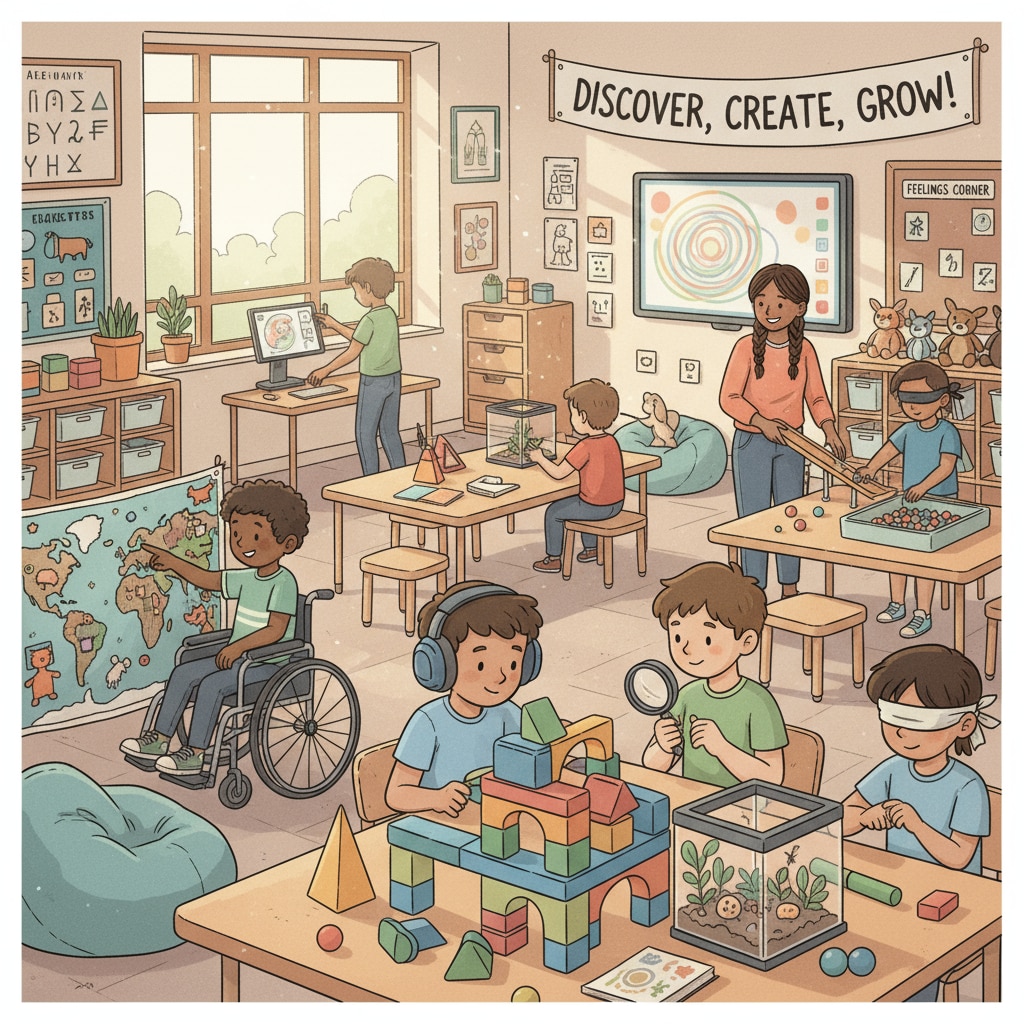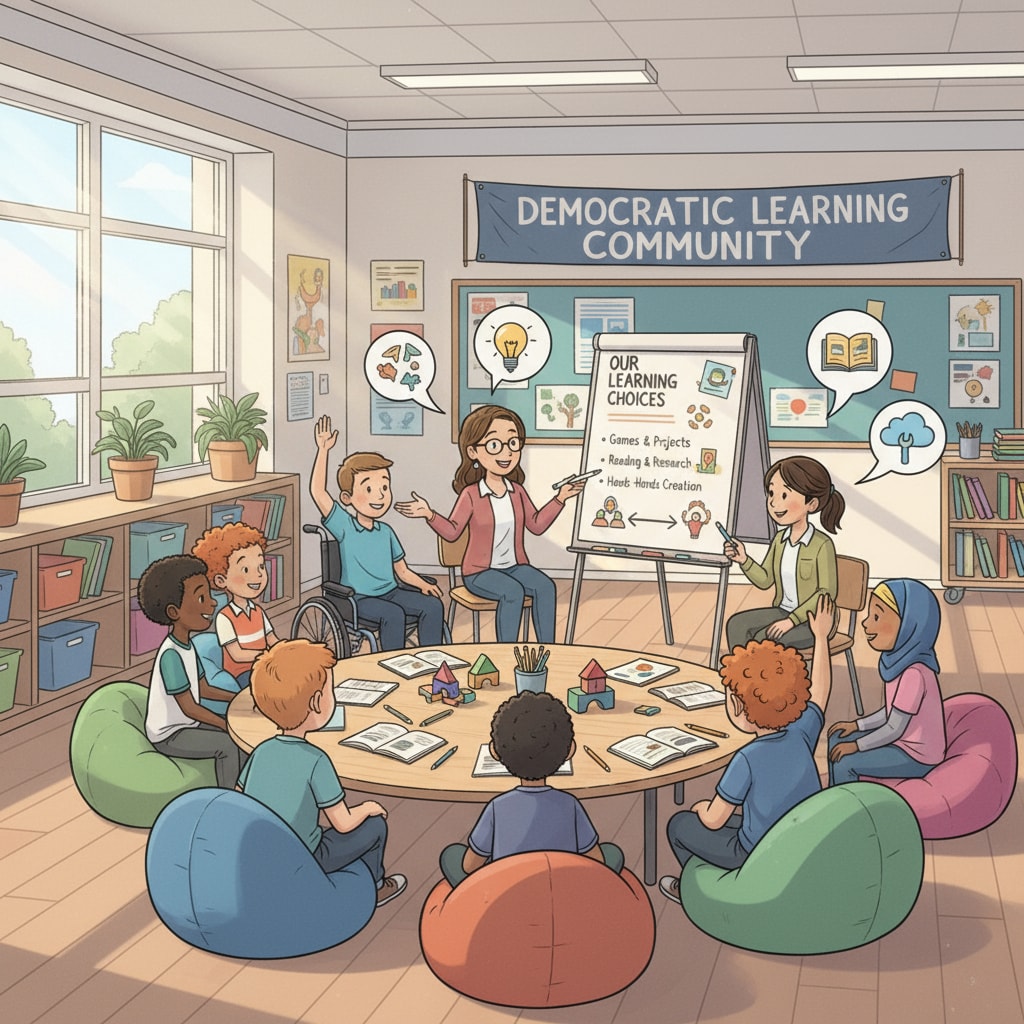When it comes to education choices, many parents face the challenge of finding the right fit for their children, especially when dealing with school adaptation difficulties. Alternative education can be the solution. Every child is a unique individual, and for those who are “different,” traditional education may not always meet their needs. In such cases, exploring alternative educational paths becomes crucial.

The Limitations of Traditional Education
Traditional education often follows a one-size-fits-all model. It typically has a set curriculum, standardized testing, and a rigid classroom structure. For children who learn differently or have unique personalities, this can lead to difficulties in adapting. They may feel bored, unchallenged, or overwhelmed. As a result, their academic performance and self-esteem can be negatively affected. According to Britannica, the standardized nature of traditional education might not cater to the diverse needs of all students.
Alternative Education Models
There are several alternative education models that offer a more personalized and flexible approach. For example, the Montessori method emphasizes hands-on learning, independence, and self-directed exploration. In Montessori classrooms, children are given the freedom to choose their activities and learn at their own pace. Another option is democratic schools, where students have a say in the curriculum and school rules. These schools encourage self-governance and respect for individual choices. Wikipedia provides a comprehensive overview of various alternative education models.

Miniature schools are also gaining popularity. These small-scale educational institutions often have a tight-knit community and can provide a more intimate learning environment. They can focus on the specific interests and needs of each student, allowing for a more customized educational experience.
In conclusion, when traditional education fails to meet the needs of “different” children, alternative education offers a ray of hope. By exploring these different educational choices, parents can find the right fit for their children, enabling them to thrive in a supportive and personalized learning environment.
Readability guidance: This article uses short paragraphs to present ideas clearly. Each H2 section provides key points. The use of active voice is prioritized, and transition words like “for example” and “as a result” are used to enhance flow.


